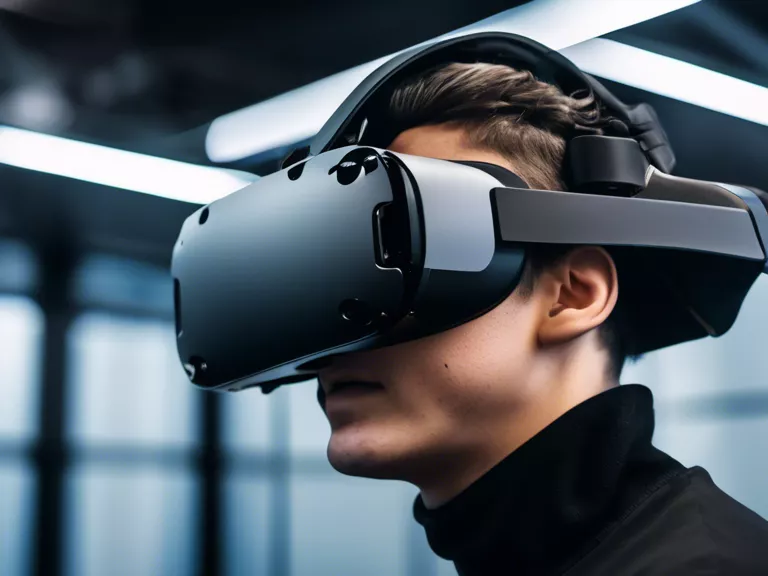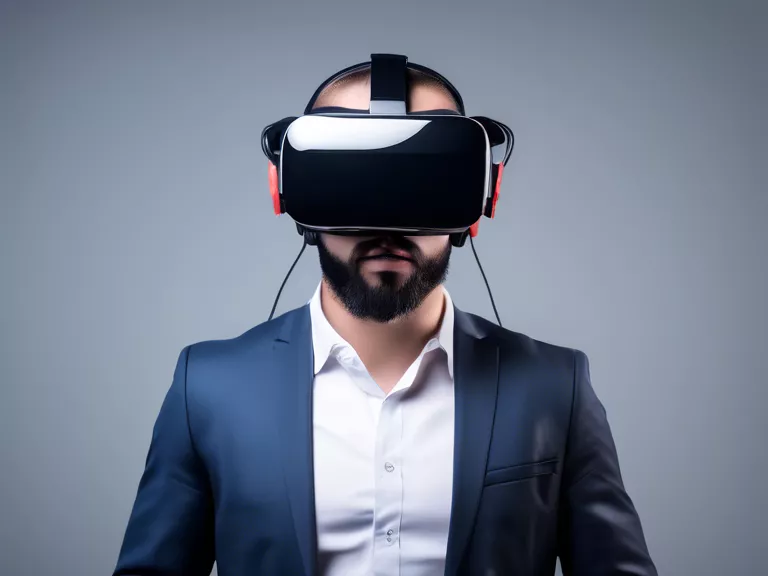
Introduction
Virtual reality (VR) technology has transformed the way industries operate by offering immersive solutions that enhance various processes and experiences. From training simulations to product design, VR has become a game-changer in propelling industries forward. In this article, we will explore how immersive VR solutions are revolutionizing different sectors and driving innovation.
The Impact of VR in Training and Education
One of the key areas where VR is making a significant impact is in training and education. Industries such as healthcare, aviation, and manufacturing are leveraging VR technology to create realistic simulations for training purposes. By immersing trainees in lifelike scenarios, VR allows them to gain practical experience in a safe and controlled environment. This not only enhances learning outcomes but also reduces the risk associated with hands-on training.
Enhancing Product Design and Development
VR has revolutionized the product design and development process by enabling designers to create and visualize products in a virtual environment. This immersive technology allows for real-time collaboration, rapid prototyping, and detailed analysis of product designs. Industries such as automotive, architecture, and fashion are utilizing VR to streamline their design processes, reduce costs, and bring innovative products to market faster.
Improving Customer Engagement and Marketing
VR is also transforming the way industries engage with customers and market their products and services. With VR experiences, businesses can create interactive and memorable presentations that captivate audiences and drive sales. Industries like real estate, tourism, and entertainment are using VR to provide virtual tours, immersive storytelling, and unique brand experiences that set them apart from competitors.
Driving Innovation in Healthcare and Therapy
In the healthcare sector, VR technology is driving innovation in patient care, medical training, and therapy. From surgical simulations to pain management techniques, VR is revolutionizing the way healthcare professionals deliver treatments and improve patient outcomes. By creating immersive experiences, VR is helping to enhance medical training, reduce stress in patients, and accelerate recovery processes.
Conclusion
Immersive VR solutions are propelling industries forward by offering innovative ways to train employees, design products, engage customers, and improve healthcare practices. As technology continues to advance, the potential applications of VR across various sectors are limitless. By embracing VR technology, industries can stay ahead of the curve, drive efficiencies, and deliver unparalleled experiences to their stakeholders.

